This ultimate guide on peace lily care will help you to grow and care for your peace lily plant in your garden. Get to know sunlight, watering, fertilizers, etc. requirements of peace lily plant.
Many gardeners sent me queries regarding peace lily yellow leaves and brown tips problem. So I decided to publish a complete guide on caring for peace lily houseplant. This guide will definitely help you to maintain beautiful peace lily plant in your garden.
Table of Contents
Introduction
Peace lily or Spath is evergreen, herbaceous, perennial, flowering plant. This plant is native to tropical regions and produces large green coloured leaves with flowers in a spadix. Naturally they grow in places that receives filtered sunlight and adequate moisture.
Moreover the NASA clean air study suggests that growing peace lily can purify air toxins. It can filter out harmful toxins such as benzene and formaldehyde from the air.
This means if you are growing this plant in urban home then you will be saving yourself and your family from these toxins in air. That’s why I suggest you to have peace lily plant in your garden.
READ MORE: 13 Indoor Plants That Can Add Value
Peace Lily Care Guide
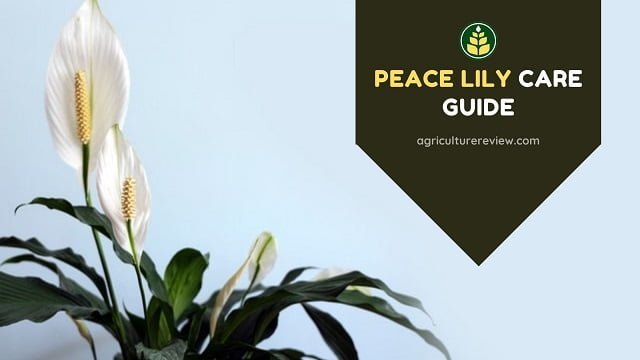
Growing Season
You can grow peace lily in USDA plant hardiness zones 10 and 11. However if you are living in tropical regions then peace lily will grow easily. Temperature above 21 degrees Celsius favours the growth of this plant.
Potting Mix
Peace Lily plant loves well drained, loose, and slightly acidic soil. You can prepare ideal potting mix with 40% garden soil + 20% cocopeat + 10% river sand + 30% any bulky organic manure.
Selection Of Pot
You can grow peace lily in small to medium sized pot. A 10 to 12 inches sized pot is ideal for caring for peace lily plant. But make sure that your pot has at least 2 to 4 drainage holes at the bottom.
You can select earthen, or fancy plastic pots as well.
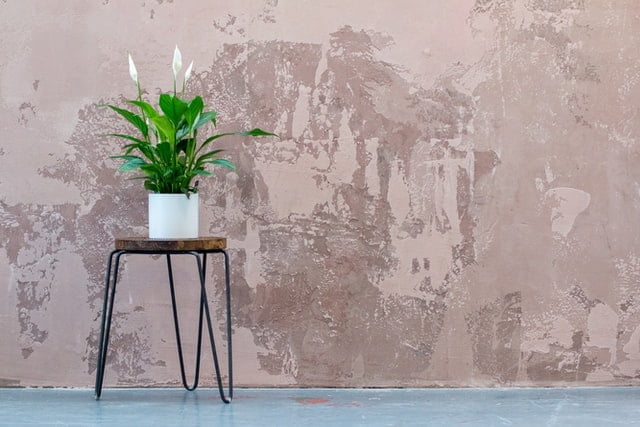
Sunlight
Peace Lily plant loves bright indirect sunlight to grow and flower. However you can also keep this plant under low light. But to increase flowering bright indirect sunlight is ideal.
Do not keep this plant in open space where heavy cold wind can damage your plant.
Watering
Peace Lily plant love moisture but overwatering or underwatering can cause yellowing of leaves in peace lily plant. Apply water in the pot whenever the top layer of soil seems dry. But make sure to avoid waterlogging condition in the pot.
During hot and dry summer days, misting the plant with water helps to enhance health of the plant.
Fertilizers
Peace Lily is not a heavy feeder plant, hence you will not need to worry much about fertilizers. You can fertilize once after every 40 to 60 days with any bulky organic manure. During spring to fall season you can use banana peel or onion peel fertilizers to increase blooming.
Pests & Diseases
Peace Lily doesn’t get easily affected by any pests. But in severe cases pests like aphids and spider mites can damage your plant. Gardeners sent me queries regarding peace lily brown tips and yellow leaves problems.
Peace Lily Yellow Leaves
Let me tell you that yellowing of leaves can be because of the following reasons:
Overwatering,
Underwatering,
and age of the plant.
After 5 years of age your plant can start yellowing naturally. However take care of overwatering and under watering to avoid yellowing of leaves.
Peace Lily Brown Tips
Brown tips in peace lily can be because of the following reasons:
Direct Sunlight,
Under watering,
and Over fertilizing.
Avoid these conditions to prevent brown tips in your peace lily plant.
FAQ
Are peace lily toxic to cats?
Yes peace lily is found to be moderately toxic to cats. If your cat feels uncomfortable after being in contact with peace lily then immediately call your vet.
Do peace lily roots spread out wide or stay close to the centre of the plant?
Peace lily has fibrous root system, which means roots spread out wide.
Is coconut water harmful, beneficial or neutral to peace lilies?
You can use coconut water for getting healthy growth in peace lily. But do not apply directly, take 50 to 100 ml of coconut water and dilute it in one litre of water, then apply once after every 20 days.
Do peace lilies leach out toxins in the water from their roots can these be put in aquariums?
Peace lily is considered a wonderful choice for aquariums. It helps in reducing growth of algae and keep water clean.
Author’s Note
I guess you are now clear on growing and caring for peace lily plant. If you have any queries, ideas, or suggestions then do comment below. You can also connect with Agriculture Review on Facebook, Instagram, and Koo.
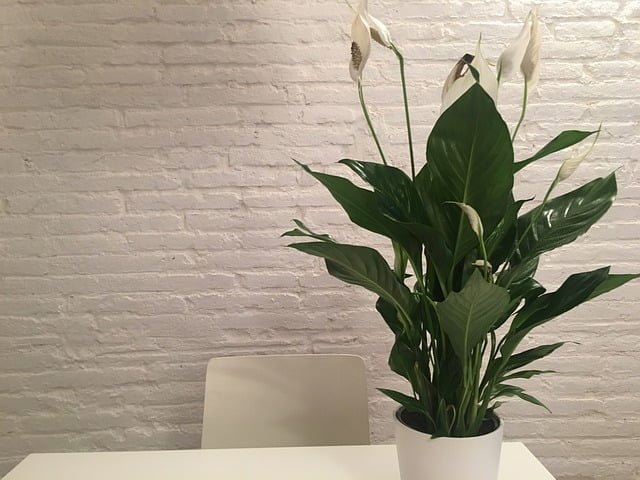
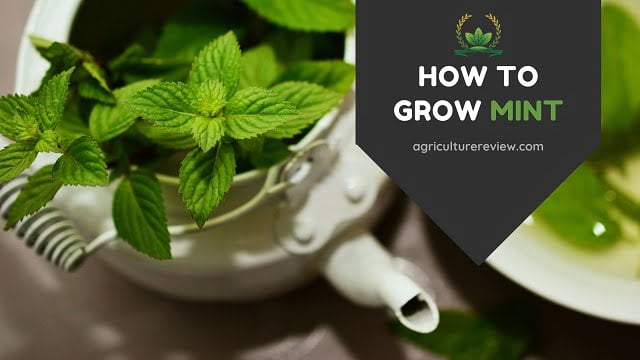
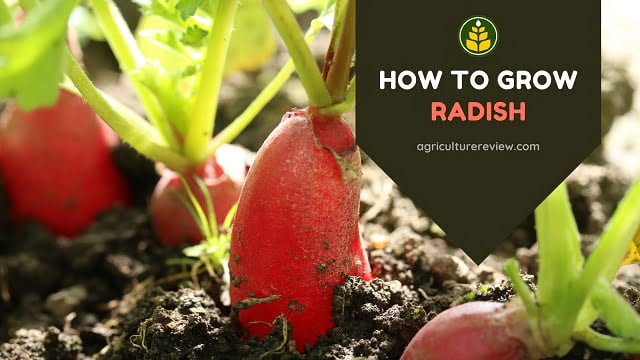


Thanks for ur guidance
Welcome!
Thanks for sharing. Very much informative.
Welcome!
Thank u for the guidance
Welcome!
Thanks 😊
Welcome!
Our peace lily has had all of the problems above, but now we know better how to solve them. One thing you did not address is when to repot or divide the plant. We have several offshoots that are growing and the pot appears to be getting pretty crowded. Any advice? Thank you for sharing your knowledge.
Hi Mike,
You can repot peace lily during spring season. While repotting you can divide crown region carefully with the help of hand or Knife. Make sure that the new plant must have 2 or more leaves with roots at the base. Remove all the dead and diseased leaves and repot in the new pot of desirable size. Apply adequate amount of water after repotting and wait till the new plant gets established very well in the new pot.
I am glad that this article is helping you in growing plants, do checkout my other articles on home gardening, I am sure that you will love them too.
I hope this will help!
Thank for this information. I reced one 5 yrs ago while in the hospital. It has flowers I enjoy growing. I give it some new soil every spring. I love the shine on the leaves. Love talking my plants. Save the rain water also.
Welcome Mary!
Great work, All the best.
Very informative post. Please share your ideas in how to get rid of red ants in garden
Hi Trishna,
I have already published an informative article on “how to get rid of ants in garden.” Reading this article will definitely help in controlling ants.